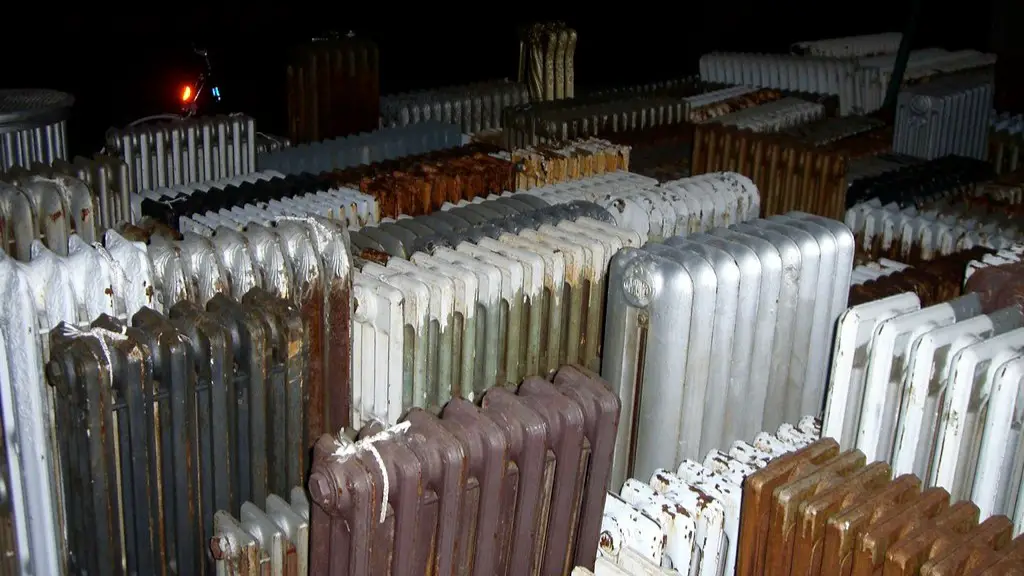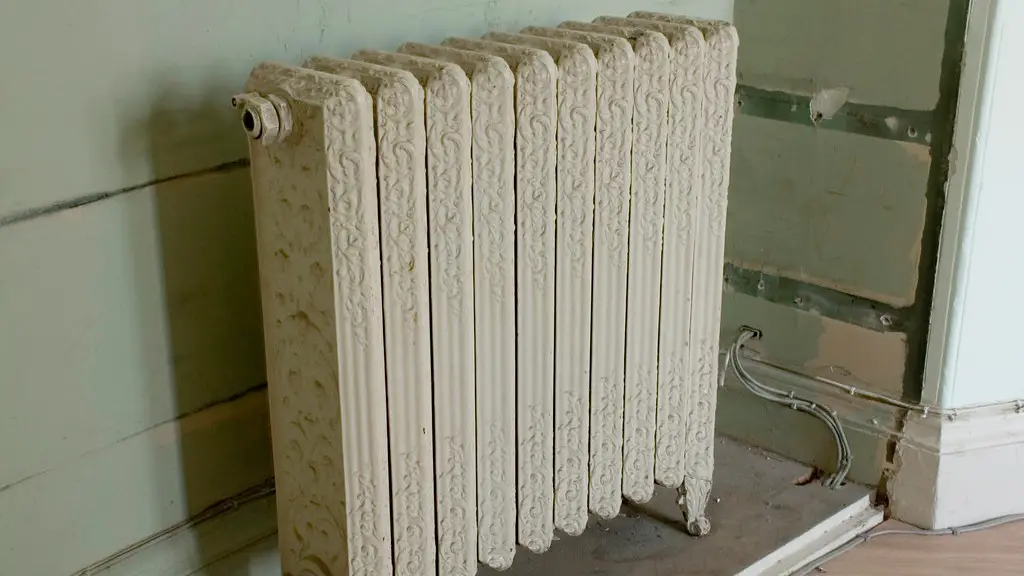The radiator cap is a critical component of a car’s cooling system. It helps to maintain proper pressure in the radiator and prevent coolant from leaking out. Without a radiator cap, a car’s engine would overheat and eventually break down.
Yes, you can drive a car without a radiator cap, but it is not recommended. A radiator cap helps to maintain proper pressure in the radiator, which helps to keep the engine cool. driving without a radiator cap can cause the engine to overheat.
Is it OK to run car without radiator cap?
If you drive without the radiator cap, the cooling system will lose its fluid and not be able to replenish this loss. So if driven for an extended period of time, the vehicle would run out of coolant and potentially overheat, and worse-case blow a head gasket or cause irreparable engine damage.
It is best to only do short trips to ensure the engine does not overheat or lose too much coolant. I don’t recommend doing more than 10 miles before you make sure the coolant is filled. While there is no concrete distance you can drive without a radiator cap, it is not recommended that you extend the distance too far.
What happens if you leave your radiator cap loose
A loose radiator cap can cause your car to overheat by not allowing the system to pressurize. This can cause the coolant to boil off and be lost, rather than simply evaporating. Depending on your car, it may or may not be able to give you codes to help diagnose the problem.
If you’ve driven your car without overheating it, then you haven’t done any damage. The radiator cap helps keep the cooling system sealed and pressurized, which in turn raises the boiling point of the coolant. This allows the coolant to take more heat before boiling. So as long as you didn’t overheat your vehicle, you’re in the clear.
How important is a radiator cap?
Radiator caps are an essential part of the cooling system and without them, your car wouldn’t function properly. The radiator cap helps raise the boiling point of coolant, prevents air from entering the system and ensures the pressurised cooling system in your car runs smoothly.
If your engine is overheating, it is important to check your radiator cap to see if it is maintaining pressure correctly. Additionally, a bad radiator cap with a poor seal can create air pockets within the cooling system, which can cause the engine to overheat. If you suspect your radiator cap is to blame, be sure to have it replaced as soon as possible to avoid further damage to your engine.
Why is my car losing water but not overheating?
If your car is leaking coolant, it is important to determine where the leak is coming from. Chances are you have either a radiator cap leak, internal coolant leak or an external coolant leak. To determine which type of leak you have, perform a simple inspection of your car. If you see coolant pooled under your car, you likely have an external coolant leak. If the coolant is low but there are no visible leaks, you may have an internal coolant leak. Finally, if your radiator cap is leaking, you will see coolant on the outside of the cap.
If you notice your engine coolant disappearing, it could be due to a small crack in a hose, a tiny hole in your radiator, or an issue with the water pump. It’s also possible for coolant to leak inside your vehicle or to simply evaporate into mist through the defroster. To check for leakage, inspect your vehicle regularly for any wetness or coolant residue. If you find a leak, have it repaired as soon as possible to avoid engine damage.
Why is my coolant boiling but car not overheating
A blown head gasket is a very common cause of overheating in cars. When the head gasket blows, the air pressure inside the cylinder heads is transferred to the cooling system. This escape of air causes bubbling in the coolant/antifreeze reservoir, which can often be mistaken for boiling.
If your engine starts overheating, it is important to add coolant right away. Continuing to drive without coolant can cause serious engine damage.
What happens if you drive with your engine cap off?
The dust and debris can cause the engine to overheat and fail. The oil filters might keep the dust and debris away from reaching the engine parts, but debris can affect engine working at some point. It is important to check the oil level regularly and keep the engine clean to avoid any problems.
If you need to remove the radiator cap while the engine is hot, be sure to do it slowly and carefully to avoid being scalded by the coolant. Let the engine and radiator cool down completely before removing the cap to prevent any accidents.
How much is a new radiator cap
If your radiator cap needs to be replaced, you can expect to pay around $10 to $30 for a new one. This will depend on the make and model of your car, as well as the type of radiator cap you need. Make sure to get a professional to install the new radiator cap to ensure it is installed correctly.
If your car is overheating, it is likely due to an issue with the radiator. Whether the radiator is blocked, leaking, or the fan is not working properly, overheating can occur. Be sure to have your radiator checked by a mechanic to avoid further damage to your car.
How long does it take for an engine to cool down?
When your engine overheats, it’s important to let it cool down before trying to do any repairs. Ideally, you should wait at least 30 minutes for the engine to cool down completely. If you’re not comfortable working on the engine yourself, it’s best to call a tow truck. Once the engine has cooled, you can check the coolant tank to see if it needs to be refilled.
Corrosion within the radiator is one of the leading reasons that coolant leaks. As the tubes get older and weaker, you may get sediment or debris inside that causes a leak. The sealing gasket between the tank and the radiator can also wear out, and that could lead to a leak.
Final Words
You cannot drive a car without a radiator cap. The radiator cap sits on top of the radiator and prevents coolant from leaking out. Coolant is essential for the car’s engine to run properly. Without a radiator cap, the car will overheat and break down.
If your car’s radiator cap is missing, you can still drive your car, but it’s not advisable. Your radiator needs the radiator cap to help regulate the engine’s coolant temperature. Without it, your engine is at risk of overheating, which could cause serious damage.




